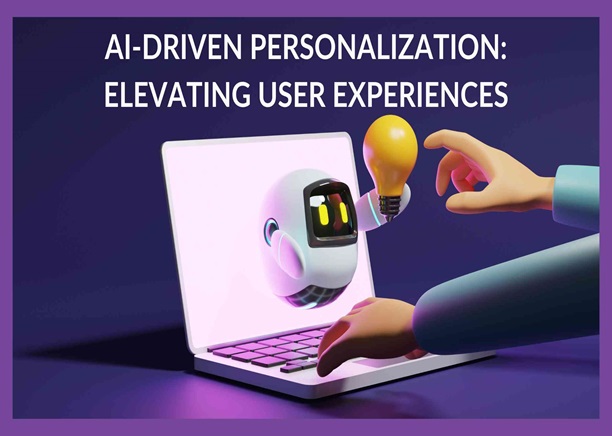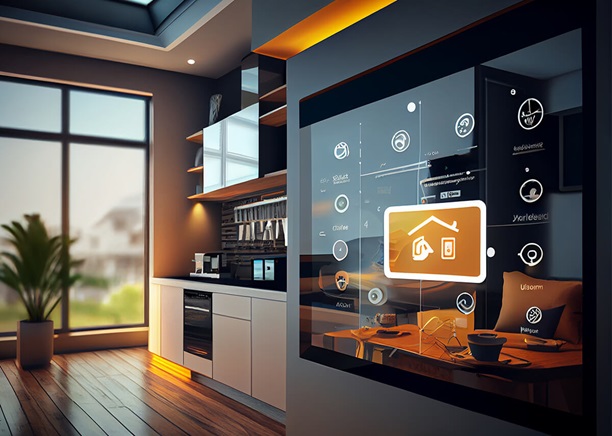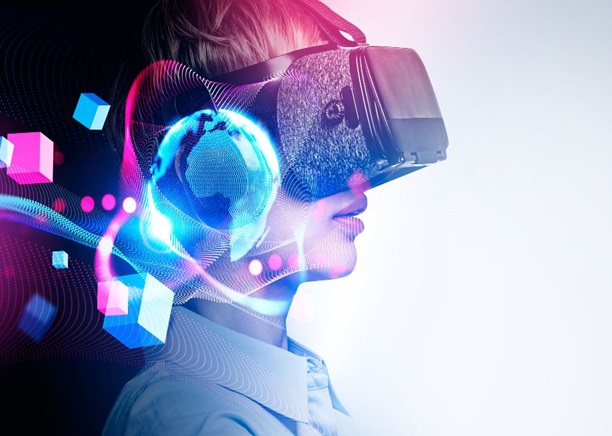-
Call for Anything
+91 9910371785
-
You may send an email
info@nuzninfotech.com
-
Sunday - Closed
Mon - Sat(10.00 AM - 7.00 PM)
Revolutionizing Hotel Distribution: 5 Key Tech Trends Driving Guest Experience in 2024
As the hospitality industry embraces rapid digital transformation, 2024 is shaping up to be a pivotal year for redefining hotel distribution and enhancing the guest experience. With rising guest expectations for seamless, personalized, and efficient service, technology is at the forefront of this evolution.Here are five key tech trends revolutionizing hotel distribution and guest engagement this year.
1. AI-Driven Personalization for Tailored Guest Experiences
In 2024, artificial intelligence (AI) continues to dominate the hospitality landscape by enabling hyper-personalized guest journeys. AI tools analyze vast amounts of guest data, from booking preferences to social media activity, to anticipate needs and deliver relevant recommendations. Hotel reservation software are using AI not only to refine marketing efforts but also to customize in-stay experiences. Personalized offers, curated activity suggestions, and targeted upselling of room upgrades or amenities create a more engaging guest experience while driving revenue. Example: An AI system might recognize that a guest traveling for leisure prefers spa packages and mountain-view rooms, automatically offering a tailored promotion that resonates with their preferences.

2. Contactless Technology for Streamlined Operations
The post-pandemic world has solidified contactless technology as a standard, and its influence only continues to grow in 2024. From mobile check-ins and checkouts to keyless room entry and app-based room controls, hotel reservation software are embracing touch-free solutions to cater to the modern traveler’s desire for convenience and safety.This technology extends to booking platforms like hotel management software, where guests can browse, reserve, and pay with minimal friction. Streamlined operations not only boost efficiency but also free up staff to focus on delivering more personalized, high-touch interactions. Example: A guest can complete their entire stay—from booking to checkout—via their smartphone, enjoying a fast and hassle-free experience.

3. Unified Distribution Platforms for Real-Time Efficiency
Managing multiple booking channels, including OTAs (online travel agencies), metasearch platforms, and direct bookings, remains a challenge for many online hotel booking software. Unified distribution platforms are stepping in to simplify this process in 2024.These platforms allow hoteliers to manage inventory, pricing, and promotions across all channels in real time. By reducing the risk of overbookings and ensuring consistent pricing, they enhance operational efficiency while building guest trust. Example: Hotel management software can use a unified platform to instantly update room availability during a large event, ensuring guests on every booking channel see accurate information.

4. IoT-Powered Smart Rooms for Enhanced Comfort
The Internet of Things (IoT) is elevating in-room experiences by making them more intuitive and customizable. IoT-enabled smart rooms let guests control lighting, temperature, curtains, and entertainment systems using their mobile devices or voice commands.This trend isn’t just about convenience—it’s about personalization. Hotel booking management software can use IoT data to understand guest preferences and pre-configure rooms to match individual tastes, delivering an exceptional level of comfort. IoT systems also reduce energy consumption, aligning with sustainability goals. Example: A guest walks into their room, and the lights adjust to a warm glow, the temperature is set to their usual preference, and their favorite music plays softly in the background—all automatically configured through IoT integration by the online hotel booking software.

5. AR and VR for Immersive Booking
Augmented reality (AR) and virtual reality (VR) technologies are becoming game-changers in how guests interact with hotel booking management software during the booking phase. These tools allow potential guests to explore hotel facilities, view room layouts, and experience the ambiance virtually before making a reservation.AR also enhances on-site experiences by providing interactive guides to local attractions, restaurants, and hotel amenities. By offering immersive, engaging visuals, hotels can drive bookings while setting the stage for memorable stays. Example: A hotel’s website offers VR tours of its suites and amenities, letting guests virtually walk through the property and explore in detail before booking.

As technology reshapes the hospitality landscape, hotels that embrace these innovations in 2024 will be well-positioned to deliver exceptional guest experiences and remain competitive by the best hotel management software in India. From AI-driven personalization and contactless convenience to IoT-powered smart rooms and immersive AR/VR, these trends are transforming the industry at every level.By adopting these key tech advancements, hoteliers can not only enhance distribution strategies but also create a seamless, memorable experience that keeps guests coming back. The future of hotel distribution is here, and it’s smarter, faster, and more guest-focused than ever before.
More Searches
Top restaurant management software companies
Restaurant management software
top 10 software companies in india
Best Billing Software In India
